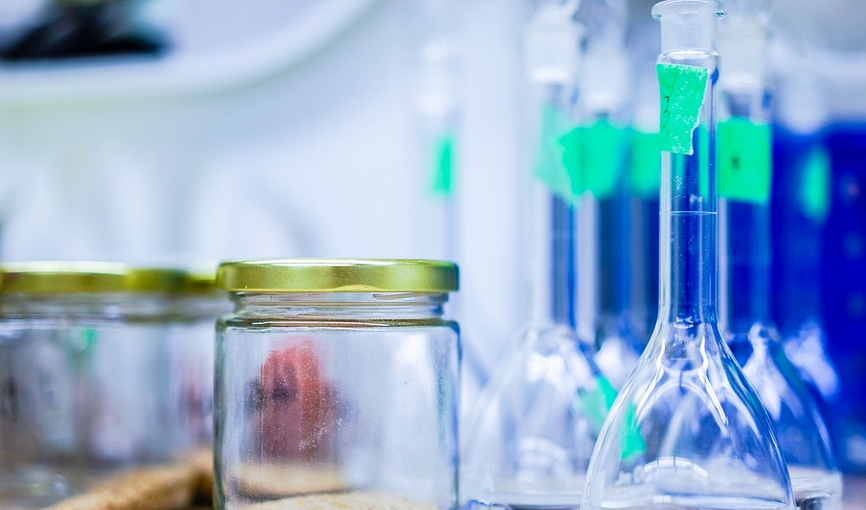The Importance of Potassium in Our Diet
Potassium is an essential mineral that plays a crucial role in our body. It helps regulate fluid balance, muscle contractions, and nerve function. Potassium also supports bone health and helps reduce the risk of developing kidney stones.
Symptoms of Potassium Deficiency
A deficiency in potassium can cause symptoms such as muscle weakness, fatigue, and constipation. In severe cases, it can lead to an irregular heartbeat and even paralysis.
How Much Potassium Do We Need?
The recommended daily intake of potassium is 2,500 to 3,000 milligrams for adults. However, people who have certain medical conditions, such as kidney disease, may need to limit their potassium intake.
Foods High in Potassium
1. Sweet potatoes – One cup of cooked sweet potato contains 694 milligrams of potassium. 2. Spinach – One cup of cooked spinach contains 839 milligrams of potassium. 3. Avocado – One medium avocado contains 708 milligrams of potassium. 4. Bananas – One medium banana contains 422 milligrams of potassium. 5. Yogurt – One cup of plain, low-fat yogurt contains 531 milligrams of potassium. 6. Salmon – A 3-ounce serving of cooked salmon contains 534 milligrams of potassium. 7. Watermelon – One cup of diced watermelon contains 170 milligrams of potassium. 8. Beans – One cup of cooked white beans contains 829 milligrams of potassium. 9. Tomatoes – One medium tomato contains 292 milligrams of potassium. 10. Orange juice – One cup of orange juice contains 496 milligrams of potassium.
Conclusion
Incorporating foods high in potassium into our diet is essential for maintaining good health. Adding these foods to our meals can help ensure we meet our daily requirement of potassium intake, which can help prevent potassium deficiency and its related symptoms.

